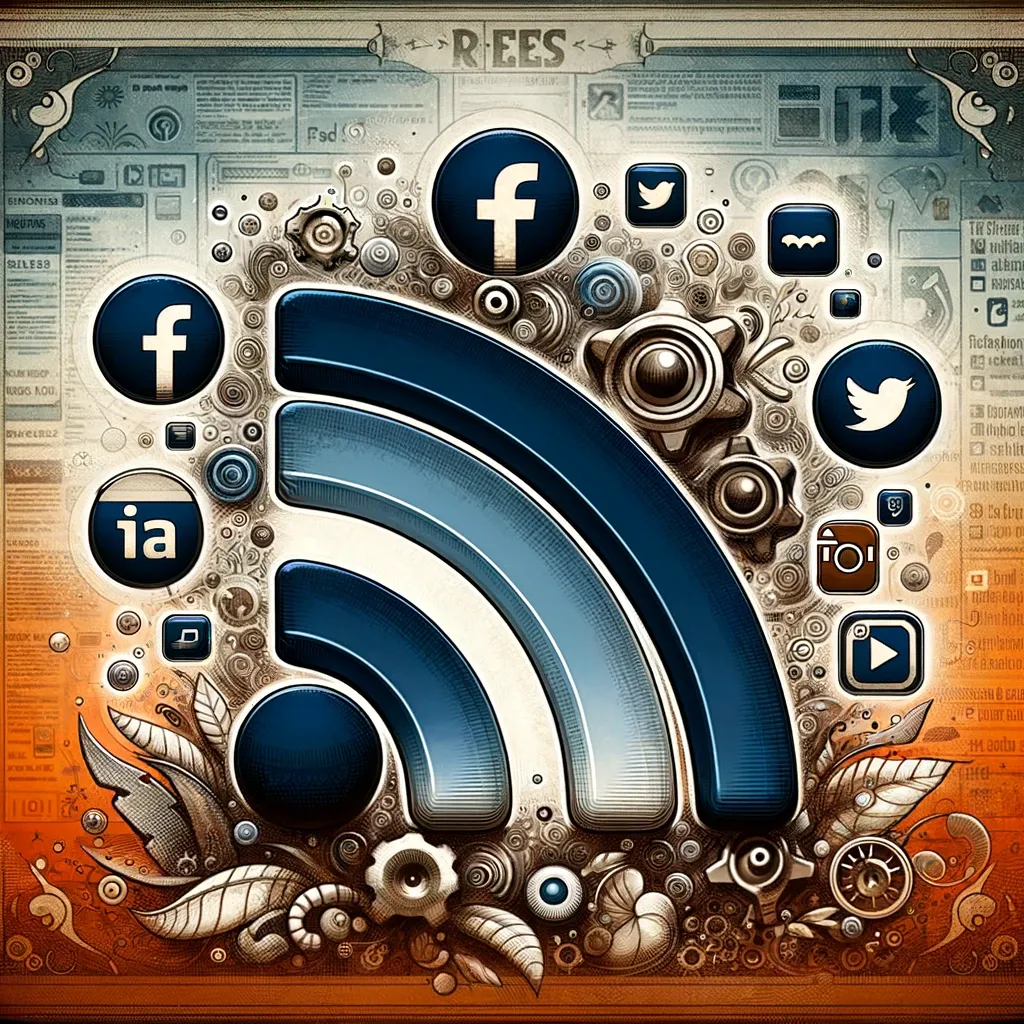Is RSS Dead?

In the rapidly evolving digital landscape, where algorithms and social media platforms dominate how we consume information, the question arises: Is RSS dead? RSS (Really Simple Syndication) was once a cornerstone of the internet, allowing users to subscribe to their favorite websites and receive updates in one convenient place. However, with the rise of social media, personalized news feeds, and content aggregators, RSS's prominence has waned. Let's explore the current state of RSS and whether it still holds relevance today.
The Rise of RSS
RSS emerged in the late 1990s as a revolutionary way to distribute content. It allowed users to subscribe to feeds from websites, blogs, and news outlets, aggregating new posts into a single feed reader. This streamlined the process of staying updated on topics of interest without visiting each site individually. Services like Google Reader became immensely popular, making RSS a go-to tool for avid internet users and content creators alike.
The Fall of RSS
The decline of RSS began in the early 2010s, marked notably by Google's decision to shut down Google Reader in 2013. This move sent shockwaves through the RSS community, as Google Reader was one of the most widely used RSS feed readers. Many saw this as a death knell for RSS, prompting questions about its relevance in an era dominated by social media platforms like Facebook and Twitter.
Social media changed how people consumed information, favoring algorithmically curated feeds that prioritize engagement and personalization. These platforms offered a more dynamic, visually appealing, and socially interactive experience compared to the text-heavy, user-driven nature of RSS.
RSS in the Present
Despite its decline in mainstream popularity, RSS is far from dead. It continues to be a vital tool for certain communities and individuals who value control over their content consumption. Here are some reasons why RSS remains relevant:
- Control and Privacy: Unlike social media feeds, which are controlled by algorithms and subject to privacy concerns, RSS allows users to curate their own feed without interference. This autonomy appeals to those who prioritize privacy and control over their digital experience.
- Avoiding Information Overload: RSS enables users to focus on specific sources and topics, reducing the noise and distraction often found in social media feeds. This makes it easier to stay informed without being overwhelmed by irrelevant content.
- Niche Communities: Certain communities, such as tech enthusiasts, bloggers, and journalists, continue to rely on RSS for its efficiency and precision. Many niche websites and blogs still offer RSS feeds to cater to their dedicated audiences.
- Integration with Modern Tools: RSS has evolved and integrated with modern tools and platforms. Services like Feedly, Inoreader, and NewsBlur have stepped in to fill the void left by Google Reader, offering advanced features and integrations with other apps.
- Content Aggregation: For those who follow a diverse range of topics and sources, RSS remains an effective way to aggregate content in one place, saving time and effort.
The Future of RSS
While RSS may never regain its former mainstream popularity, it continues to serve a valuable role for a specific segment of internet users. Its strengths lie in its simplicity, user control, and ability to deliver content without the distractions and biases introduced by social media algorithms.
Moreover, the resurgence of interest in digital privacy and the desire for a more curated and controlled internet experience could potentially breathe new life into RSS. As more users seek alternatives to algorithm-driven feeds, RSS might see a revival among those looking for a more personalized and private way to consume content.
Conclusion
So, is RSS dead? The answer is no. While it may not be the dominant force it once was, RSS is very much alive and continues to be a useful tool for those who value control, privacy, and efficient content consumption. Its future may not lie in widespread adoption but in serving the needs of a dedicated and discerning audience who appreciate its unique advantages in an increasingly noisy digital world.
